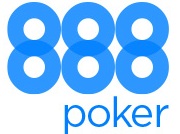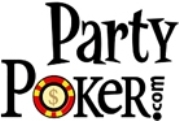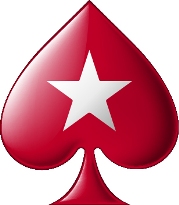When you’ve put in money as either the small or big blind, you have a lot of leeway in deciding which hands to play. If you’re the big blind and no one has raised, you get to play poker for free. You can raise, of course, and should with a big hand such as A-A, K-K, Q-Q, or A-Ks. We don’t recommend raising with J-J, A-Ko, or A-Qs or lower because of the danger of overcards hitting on the flop (in the case of J-J) and because A-Ko and A-Qs and worse don’t play well against a large number of opponents unless you catch a good flop. It’s not that AKo and A-Qs aren’t good poker starting hands because they are, but they’re the sort of hand you want to play against two or three other players so there are fewer hands competing to draw out on you.
When you’re the small blind, you have to determine whether to put in the rest of a full bet. If you’re playing $15–$30 and the small blind is $10, calling that additional $5 is usually a no-brainer. Sure, you don’t want to play hands such as 72o or 93o, but when you’re in for most of a bet, hands such as Q7s, which you would normally never play if you had to put in a full bet, become playable. If the small blind is only $5 in a $15–$30 game, however, you’re in a more difficult situation. Remember: You must act first in each subsequent betting round, so you should guard your extra two-thirds of a bet closely. We recommend calling with any hand you would normally play in late position, but to fold everything else.
If you’re facing a raise in the blinds, you have to decide whether the player who raised is trying to steal the blinds with what is probably a weaker hand than someone would normally raise with or has a legitimate hand and wants a call to get more money in the pot. If you believe the raiser is bluffing and wants to steal the blinds, you can either call with any playable hand and try to catch a flop, or re-raise and try to pick up the pot right there. When you’re in the big blind and the small blind has folded, we recommend re-raising with any hand you would play from early position and calling with any hand you would play from middle position. If you’re in the small blind, we also recommend re-raising with TT or a higher pair, AQs or above, or KQs, but we only recommend calling if you could normally play the hand from middle position. Lower-ranked cards, suited cards with gaps between them, and small pairs need multiple opponents in the pot to make your draws lucrative enough to play, and when you’re against one other player the money just isn’t there to shoot at.
Ed Hutchison, someone you’ll hear a lot about in the next sections, has a system for evaluating Hold ’em starting hands that takes a lot of the memorization out of choosing which cards to play and which cards to toss. We think his system is a bit conservative, but it’s a great bit of thinking and research. You can find his work online HERE.










